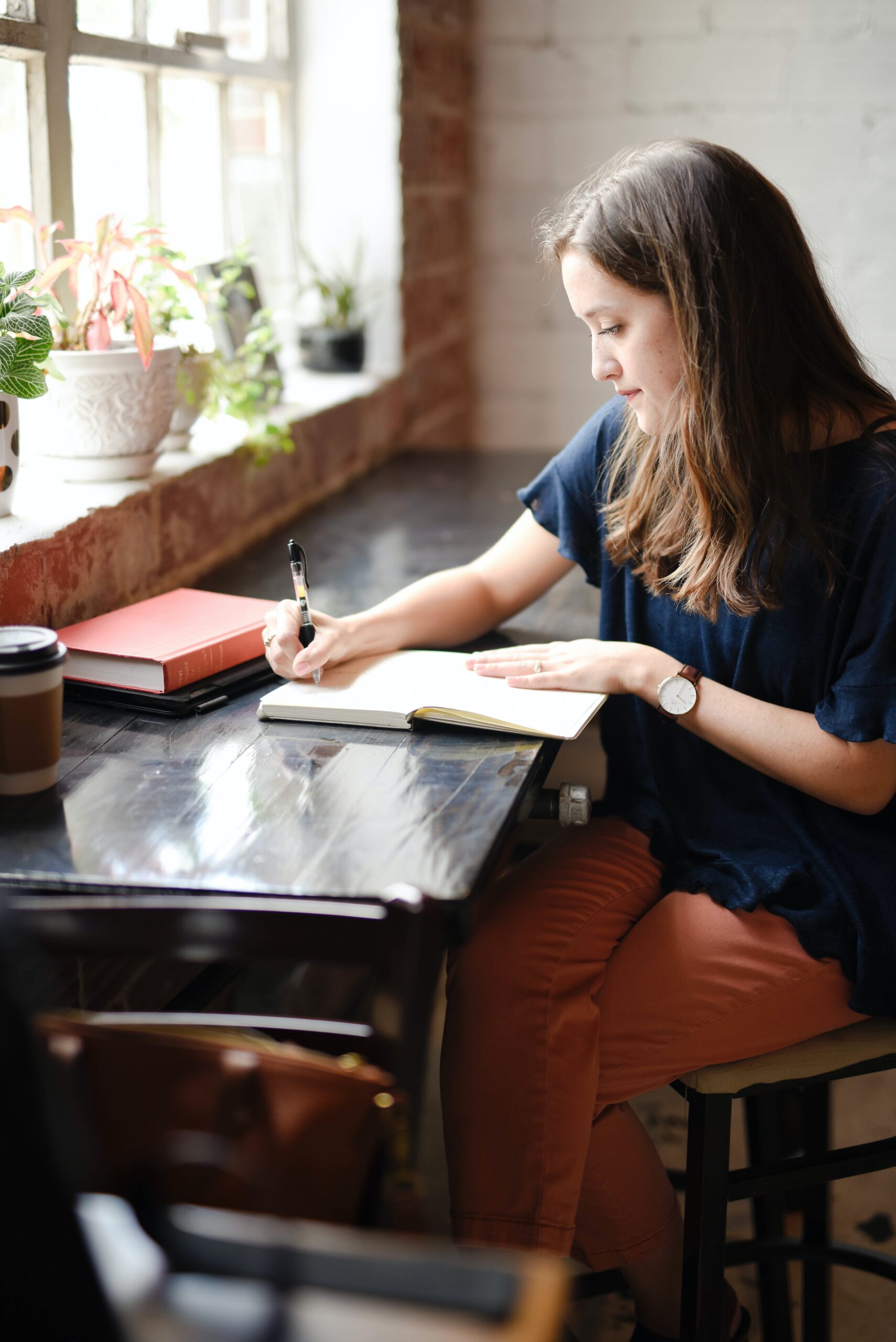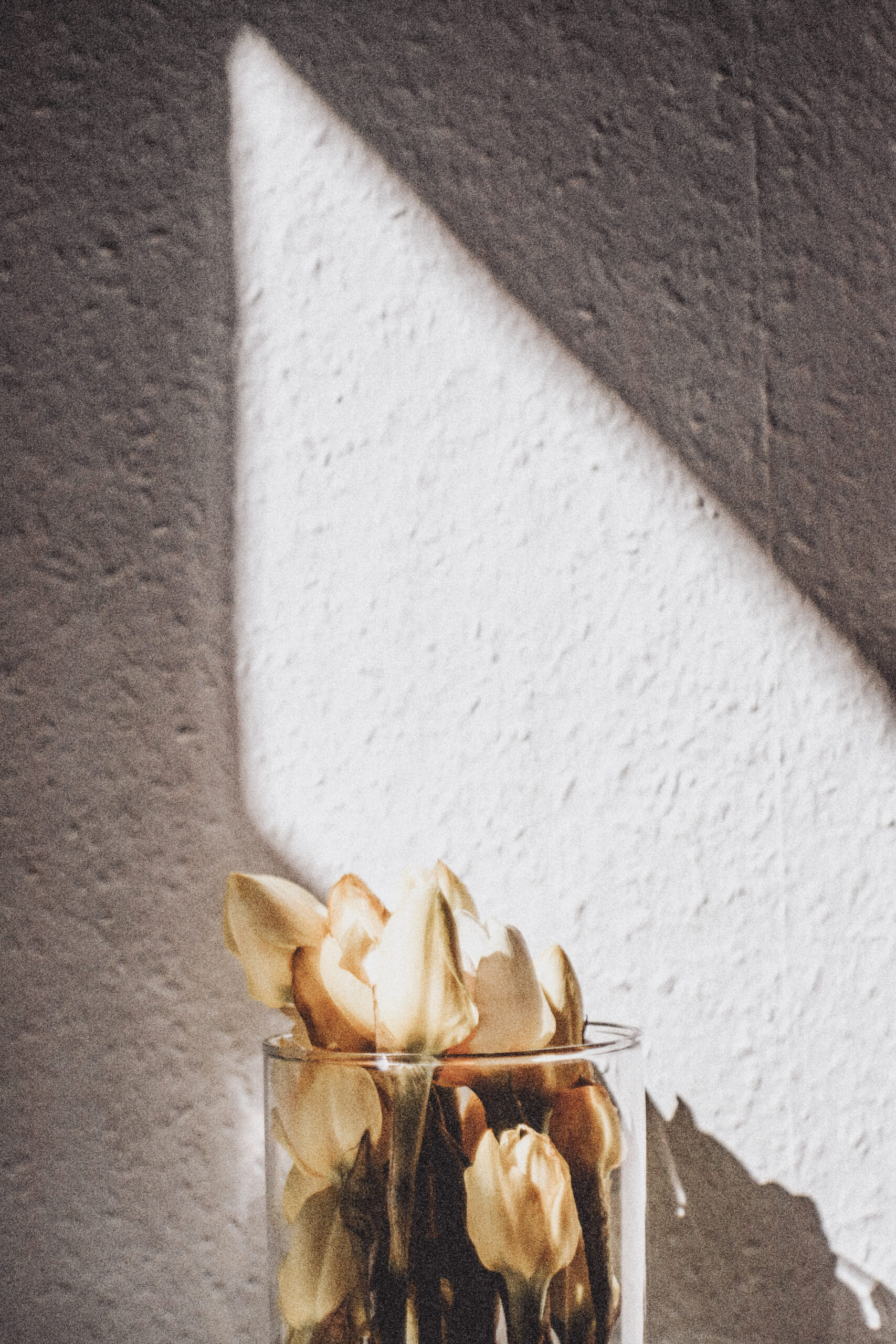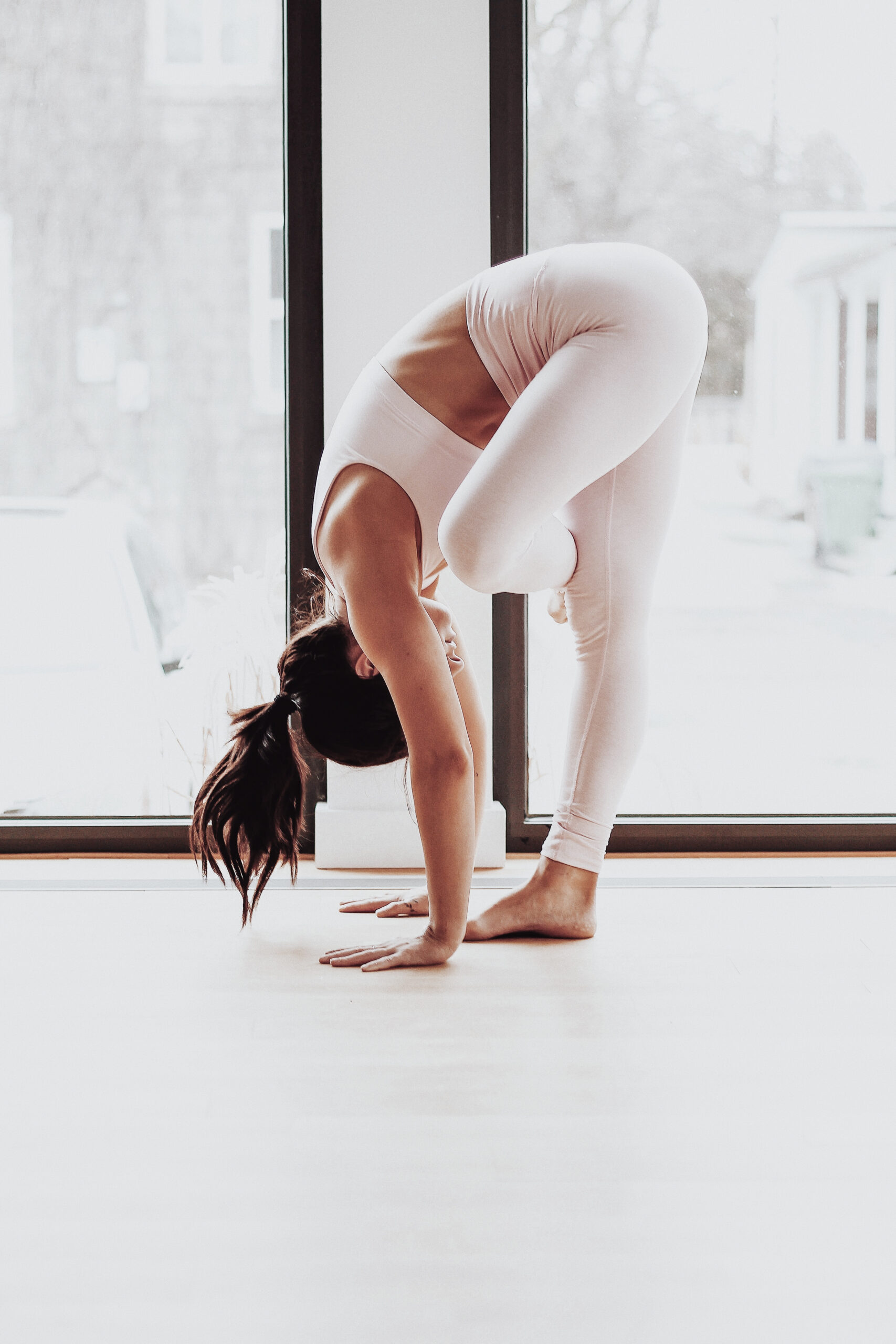
The Art Of Keeping A Journal
Journaling is often toted as a personal endeavour of private consequences, locked and bound by key, for the writer’s eyes only.
This is no longer the case and I am going to tell you why.
Journaling today is synonymous with productivity, with those people who kick ass from 6am and have the scent of composure even when life is throwing them lemons. Journaling isn’t the dialogue of a 6 year old girl with pig tails and cherry bobbles swooning over Johny, the boy who lives next door and rides a skate board out the front of her house. Journaling is an adult game, it works and it’s an essential habit to keep you on track with your goals be it health, work or play.
Jour·nal (jûr′nəl)n.1.a. A personal record of occurrences, experiences, and reflections kept on a regular basis; a diary.b. An official record of daily proceedings.
In the context of health, journaling has a place. It is the glue that combines intention with action. It results in habitual change. Health is a sequence of incremental changes that lead us in a direction of the best version of ourselves. Journaling allows these incremental changes to happen with the least possible amount of resistance.
“It’s been said that the first hour is the rudder of the day. I’ve found this to be very true in my own life. If I’m lazy or haphazard in my actions during the first hour after I wake up, I tend to have a fairly lazy and unfocused day”
– Steve Pavlina
Example A.
Leah is feeling really inspired to start bringing her own lunches to work, she has all the ingredients in the fridge, has bookmarked the recipes she wants to use on Facebook and has the right intention. It’s Saturday, so clearly Leah doesn’t have to think about actioning this plan till Monday. Thursday springs around quicker than expected and it’s been a week of sushi, salad wraps and that one lunch outing to the Thai restaurant down the road. ‘Oh well, I’ll start next week’
Example B
Dale wants to start bulking up, go to the gym at least 4 days per week and actually use his gym membership since it’s August and he signed up in January (post new years resolution purchase). He buys a couple new work out tops, a new stick of deodorant and does a little research on the best protein powder. Tuesday swings by and the gym clothes in his locker don’t get a mention as the boys make plans to go for drinks that evening. ‘There is always tomorrow’.
Now, I am not saying going for drinks with your friends is a big no no or skipping a week of prepping meals is a bad thing. It’s not, you are human, humans are disorganised at times and also like to have fun. The point I am making is that there is room for organisation in both these circumstances to allow for an easy transition into a healthier routine for the majority of your time. Namely, journaling.
“A schedule defends from chaos and whim”
– Annie Dillard
The Bachelor & Habit Forming
Journaling allows habits to form with ease and once a habit is formed, it sticks. Eg. watching a couple of episodes of the bachelor, after 2 or 3 you are hooked, you watch it again and the habit sticks, it becomes a pleasure.
Comparatively, once you get your amazing Sunday meal prep routine in place and have a killer after work routine that gets you to the gym 5/7 days, you start to enjoy it. Habits form and it becomes a pleasurable routine. Organisation and good habits are the cornerstone of stress reduction as it gives us a sense of control over your actions. So the extended benefit of journaling is stress reduction, a sense of control and if you can achieve that you are well on your way to maintaining your own health and getting a high five from your naturopath.
“The most efficient way to live reasonably is every morning to make a plan of one’s day and every night to examine the results obtained”
– Alexis Carrel
So how do you get started with journaling?
Step one: Buy a journal.
Take a look at my top 3 recommendations below; these are three paper based options that I really like. I personally use a blank paged moleskine so I can organise my daily planner as I wish each day. If however you are a tech geek – go for something like evernote, trello or remente.
Step two: Dedicate time to journaling
The best time of day to journal is in the morning and evenings. In the morning, set your intention for the day, scope out what is happening in the next 24 hours and plan appropriately. In the evenings, recap on your day, what went well, what didn’t go so well. Nut out why things didn’t go so well and give yourself a pat on the back for the things that did go well.
“Your first ritual that you do during the day is the highest leveraged ritual, by far, because it has the effect of setting your mind, and setting the context, for the rest of your day”
– Eben Pagan
Step three: Repeat daily
Once you have figured out the times of day that suit you best to journal (for me it’s 6am and around 8pm), practice this and repeat daily.
Step four: Be adaptable
You may start with one journal, a certain time of day to journal and a ‘theme’ of how you are journaling and what you aim to achieve. Remember that nothing is set in stone and while routine is crucial to maintaining your health, so is adaption. When things change, be flexible and allow your journaling to reflect this. Take a look at my blog on adaptability here, it’s about a 5 minutes read and well worth it.
“When I’m tempted to skip my morning routine or another form of self-care, I remind myself that I can better serve the people I love and the projects I care about when I start with me”
– Courtney Carver
The best journal is one that allows for structure and freedom simultaneously.
A journal that keeps track of positive habits is essential however, so is unstructured journaling. What I mean by unstructured journaling is blank spaces; a free area to express yourself. Personally, I keep one side of my double page spread as the structured, consistent side and the other is blank. Some days I fill it to the point that my writing gets smaller and I am struggling to fit everything on the one page, other days it’s blank. Use the blank page to mind map, write down your thoughts, feelings, and you may even hear a quote that resonates with you that you must remember, you can write that here too. It’s really up to you though, because it’s essentially room for your brain spasms to come alive on paper.
Journaling is exciting, it will get you out of bed in the morning before hitting the snooze and it is an integral part of being healthy. So grab yourself a journal, bring it with you everywhere and join the club of kick ass productive people who take the lemons of life and draw them on the blank page of their journal.
“He who every morning plans the transaction of the day and follows out the plan carries a thread that will guide him through the labyrinth of the most busy life”
– Victor Hugo
Resources:
Passion Planner – Free Weekly Planner PDF
The Change Blog – Keeping A Journal
Already Journaling? Step up your practice by checking out Morning Pages by The Artist Way
Author
Jennifer Ward, Adv dip Nat, BCom Econ, Masters Repro Med (studying)
Jennifer is a qualified naturopath with a focus on fertility, pregnancy, hormonal imbalances.
Learn more about Jennifer here
Book a session with Jennifer here
To learn more about journaling or for speaking enquires on this topic get in touch at [email protected].





